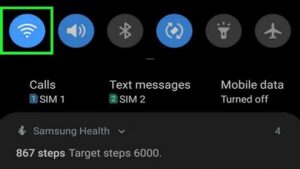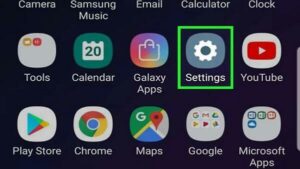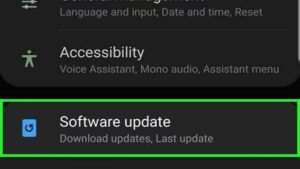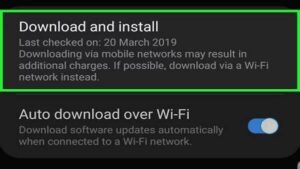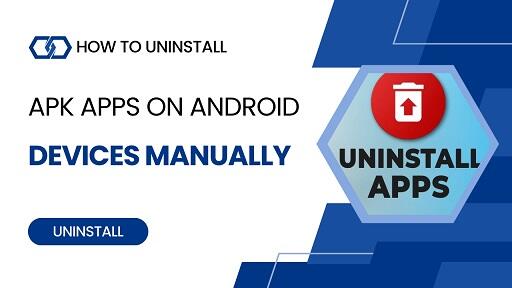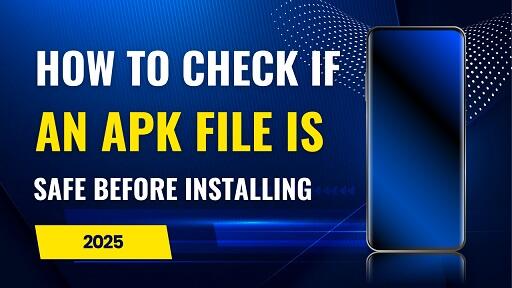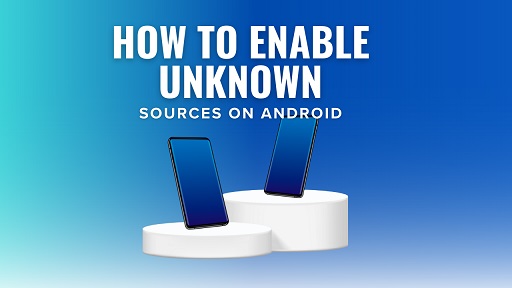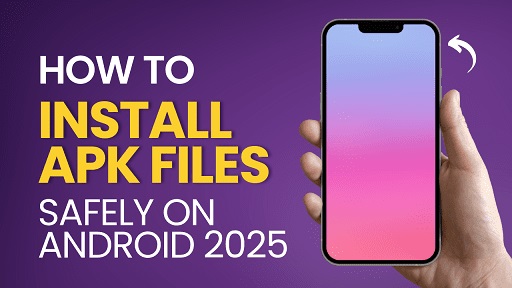Manually updating Android apps using APK files isn’t just a workaround — it’s a powerful way to take full control of your app experience. Whether you’re eager to access new features ahead of time, test different versions, or you’re using a device without Google services, manual APK updates give you the freedom to manage your apps on your own terms.
In this guide, I’ll walk you through the exact steps to safely update any Android app using its APK file — without compromising performance or security.
Why Update Apps via APK?
Waiting for updates through the Play Store can be slow, inconsistent, or unavailable depending on your device and region. Manually updating via APK gives you options that the Play Store doesn’t.
Benefits of Updating via APK
- Early Access – Try new features before public rollout
- Bypass Regional Restrictions – Access updates not yet available in your area
- Install Non-Play Store Apps – Great for apps not listed on Google Play
- Offline Installation – No internet needed once downloaded
- Freedom from Google Services – Especially useful on Huawei or de-Googled devices
- Test Beta or Older Versions – Check compatibility or revert to stable releases
Whether you’re a tech-savvy user or just someone who likes control, using APKs puts the power in your hands.
What to Prepare Before Updating
Before installing an APK, a few key preparations will help you avoid data loss, errors, or compatibility issues.
1. Back Up Your Data
- Use Google Backup
- Rooted users: consider backup tools like Titanium Backup
- Manually back up app data (e.g., game progress, chat history)
2. Enable “Install from Unknown Sources”
Android blocks APK installations by default. Here’s how to enable it safely:
For Android 8 and above:
- Go to: Settings > Apps & Notifications > Special App Access > Install Unknown Apps
- Select the app you’ll use (e.g., Chrome, File Manager)
- Enable “Allow from this source”
For Android 7 and below:
- Go to: Settings > Security > Unknown Sources
- Toggle the option on
Tip: Disable the setting after installation to maintain security.
3. Download from a Trusted Source
- Have a strong reputation and user base
- Provide version details and changelogs
- Use secure HTTPS connections
- Screen files for malware or suspicious behavior
Avoid downloading from random forums, torrents, or unofficial sites. One malicious APK can compromise your entire device.
4. Check the Current App Version
- Go to: Settings > Apps > [App Name] > App Info
- Note the current version
- Compare it with the APK version
Step-by-Step Guide: How to Update an Android App Using an APK
Step 1: Download the Correct APK Version
- CPU architecture: arm64-v8a, armeabi-v7a, or x86
- Android version support
- App variant: Global, regional, beta, etc.
Use tools like “Device Info HW” to check your hardware specs.
Step 2: Confirm Compatibility
- Device architecture and GPU support
- Required Android OS version
- Permissions the app needs
Step 3: Install the APK
- Open your file manager
- Locate the APK file
- Tap to launch the installer
- Grant permissions if prompted
- Tap Install
Once installed, the app should replace the existing version seamlessly.
Step 4: Verify the Installation
- Launch the app
- Go to settings or “About” section to verify version
- Test key features to ensure functionality
Optional: Clean Up
- Delete the APK file to free up space
- Disable “Install from Unknown Sources” if no longer needed
Important Notes and Warnings
Avoid Updating System Apps
- Boot loops
- App crashes
- Unexpected behavior
Avoid Unverified Sources
- Data theft
- Malware infection
- System instability
Watch for Signature Conflicts
If the APK’s digital signature doesn’t match the currently installed app, you’ll see:
“App not installed”
Fix:
- Uninstall the existing app (note: this deletes app data)
- Then install the new APK
Data Loss Between Variants
Switching between app variants (e.g., regional ↔ global) may wipe data. Stick to the same variant where possible.
Pros and Cons of Updating via APK
Pros
| Advantage | Description |
|---|---|
| Early Access | Try new features before public rollout |
| Offline Installation | Install without internet once file is saved |
| Full Version Control | Choose exactly which version to use |
| No Google Required | Works on non-Google devices |
| Region-Free Access | Bypass geo-restricted updates |
Cons
| Disadvantage | Description |
|---|---|
| Compatibility Issues | Wrong APK may crash or not install |
| No Auto-Updates | Must manually track new versions |
| Signature Conflicts | Can’t update over mismatched apps |
| Security Risks | High risk from shady sources |
| Technical Barrier | Not ideal for absolute beginners |
Common Errors and How to Fix Them
Error: “App not installed”
Causes:
- Signature mismatch
- Wrong architecture
- Not enough storage
- Corrupted download
Fix:
- Uninstall existing app
- Free up space
- Download correct version again
Error: “There was a problem parsing the package”
Causes:
- Incompatible Android version
- Broken APK file
Fix:
- Verify Android version compatibility
- Download a clean copy
Error: App crashes after update
Causes:
- Conflicting data
- Bugs in the new version
Fix:
- Clear app data or reinstall
- Roll back to a previous version
Error: App won’t open
Fix:
- Grant necessary permissions in System Settings
- Try reinstalling
- Use a different APK variant
Error: Can’t install over current version
Fix:
- Uninstall the app first
- Install the new version
- Stick to the same variant or source
Final Thoughts and Pro Tips
Manually updating apps via APK gives you more control than the Play Store ever could. But with that control comes responsibility.
Final Checklist
- Backup your data
- Use verified APK sources
- Match device architecture and Android version
- Avoid updating system apps
- Learn how to troubleshoot common issues
Done right, this method offers a seamless way to stay ahead of the curve while keeping your apps exactly how you want them.
What’s Next?
Curious about how to downgrade apps using APKs — or discover open-source alternatives that respect your privacy?
Stay tuned — more guides are coming soon.
Written by a senior content creator with over a decade of hands-on experience in Android customization, APK optimization, and app growth strategies. This guide is based on real testing, not just theory.

